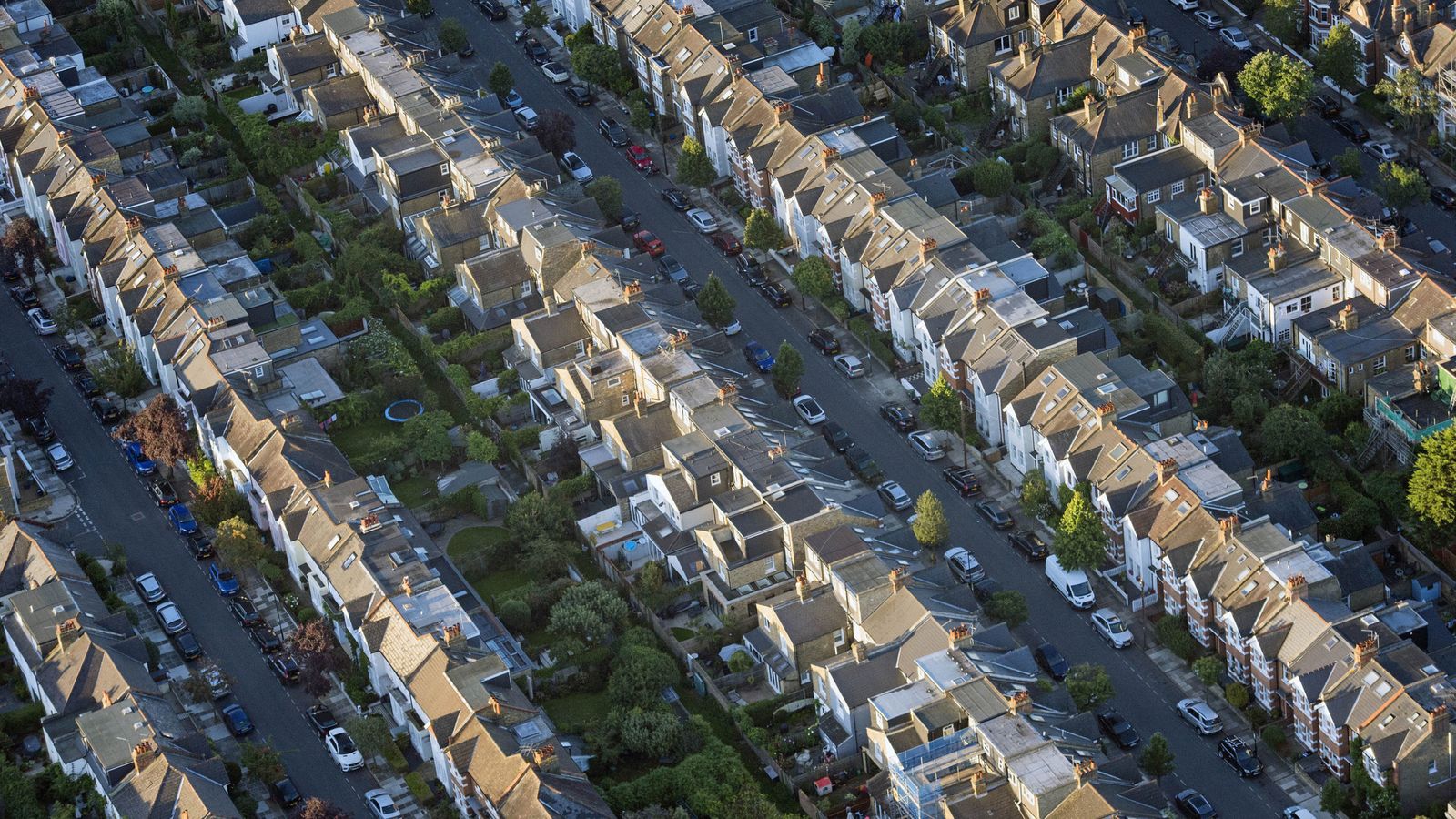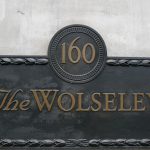House prices in the UK continue to increase, with the average price for a home surging 10% in the year to May, new data has revealed.
But London homeowners were left behind, with the capital continuing to be the region with the lowest annual growth for the sixth consecutive month, the Office for National Statistics (ONS) said.
The city saw property prices grow just 5.2% in the 12 months to May.
Broadly, prices are being driven up by shifting preferences and buyers seeking new homes in the wake of the pandemic.
Across the country, average house prices hit £255,000, a small monthly increase of 0.9% in the month to May 2021. Prices have nearly returned to the record UK average house price seen in March 2021 of £256,000.
Last month saw the first dip in prices this year, as the government’s stamp duty holiday – introduced to stimulate the housing market – was tapered off.
According to figures from Halifax, house prices fell 0.5% in June, down £1,284 to an average price of £260,358.
The majority of buyers would be considering a move even without the tax incentive – although the stamp duty holiday was helping to maintain momentum, the company said.
The key factor driving prices up now is shifting housing preferences, according to Nationwide’s chief economist Robert Gardner said, which are “continuing to drive activity, with people reassessing their needs in the wake of the pandemic.”
There is now “a race for space” with more people looking for a garden or easier access to parks, and the majority of people “looking to move to less urban areas.”
At the start of lockdown in March last year, buying activity plummeted with housing transactions falling to a record low of 42,000 in April 2020, Mr Gardner said.
“But activity surged towards the end of last year and into 2021, reaching a record high of 183,000 in March,” he added.
He added that the extension of the stamp duty holiday from its original end date of March helped to maintain momentum in the market, but it is not the key factor pushing up prices now.
And while Nationwide predicts room for growth in house prices over the next few months, a rise in unemployment when the government’s job protection schemes come to an end could potentially see activity abruptly fall, it said.
There is also a “risk that demand gets ahead of supply and that will lead to a more generalised pick-up in inflationary pressure,” according to the Bank of England Deputy Governor Dave Ramsden.
Mr Ramsden told the Guardian in an interview that the central bank was “looking carefully at the housing market and a raft of real-term indicators.”






















